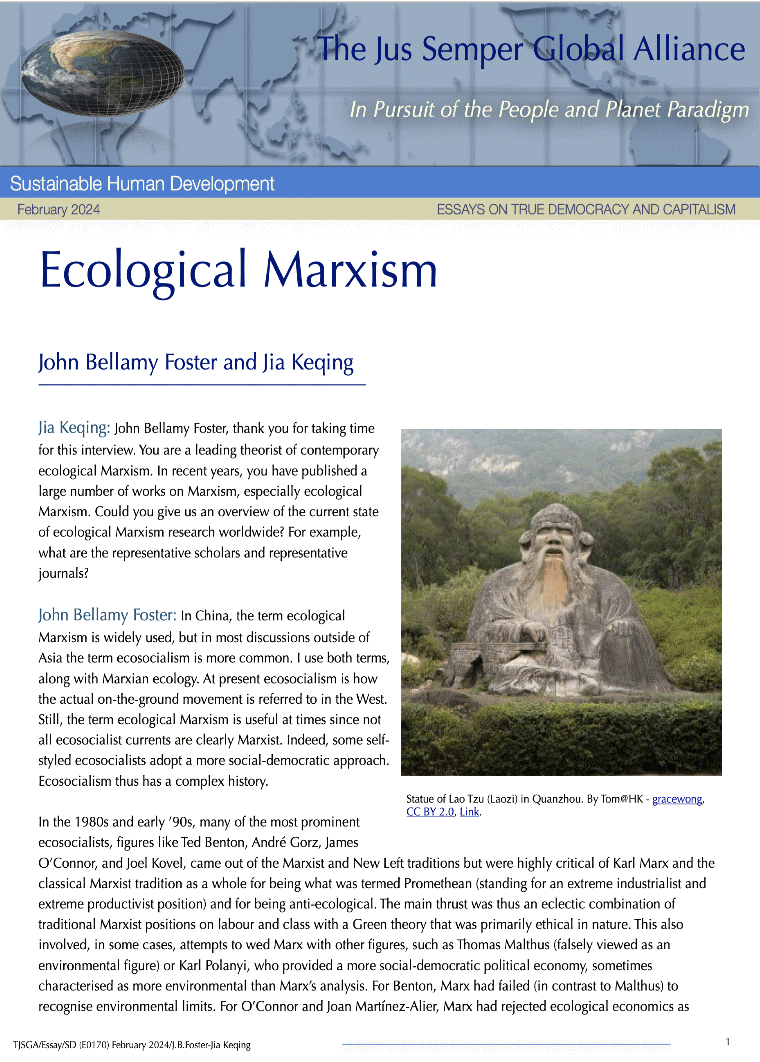The subject of historical knowledge is the struggling, oppressed class itself. —Walter Benjamin
The notion of bourgeois society as “absolutely the end of History,” intrinsic to liberal thought, found its most powerful concrete expression in the early nineteenth-century writings of G. W. F. Hegel. In recent years, credit for the questionable notion that capitalism marks the termination of the historical process has often been accorded to Francis Fukuyama, based on his 1992 book The End of History and the Last Man. In advancing the thesis of “a universal and directional history leading up to liberal democracy,” Fukuyama, who served as deputy director of policy planning and as deputy director of European political-military affairs in the U.S. State Department during the George H. W. Bush administration, was merely repackaging long-standing claims of liberal ideology in the context of the demise of the Soviet Union, which he took as representing the final defeat of socialism and the ultimate victory of capitalism, closing off history in any meaningful sense. Humanity, according to this hegemonic view widely circulated in the 1990s, had reached its political-economic-ideological apex: there was no future beyond capitalism and liberalism. Yet, a mere quarter of century after the celebration of the end of history in the permanence of the liberal order, humanity is confronted with a chain of catastrophic threats extending beyond anything it has experienced in the long course of its development—all arising from the laws of motion of capitalism. In the present epochal crisis, there are multiple dire threats to the world as a whole and to “the wretched of the earth” in particular—from economic stagnation in the capitalist core, to the planetary ecological rift, to the epidemiological threat represented by COVID-19, to the renewed imperialism directed at the Global South and the New Cold War with its growing threat of nuclear holocaust. All rational responses to this age of impending catastrophe point to the need for a global transformation aimed at surmounting capitalism’s laws of motion and promoting a world of sustainable human development, that is, socialism and ecology. As Karl Marx indicated in the nineteenth century, in those cases where capitalism leads to the ecological destruction of entire social formations and the extermination of the material basis of human existence, the choice left to working populations and their communities inevitably becomes one of “ruin or revolution.”
For a full read of this commentary, click here or on the picture to download the pdf file.
|
- © The Jus Semper Global Alliance

| Home |  | Resources |  | Economic Data |  | Ecology and the Future of History |


